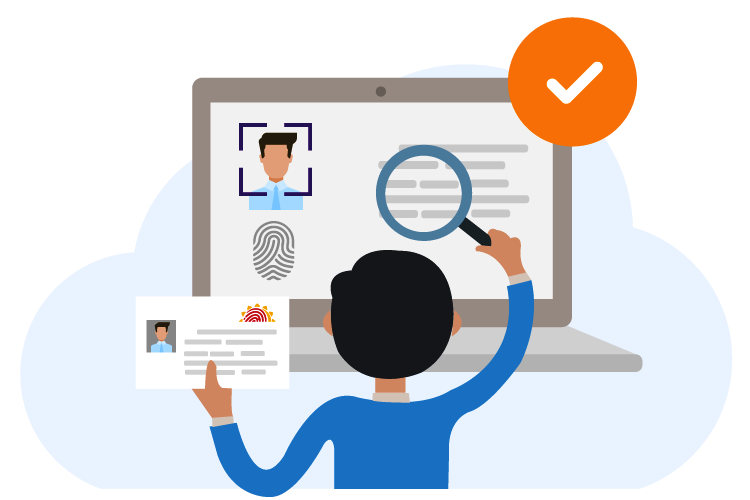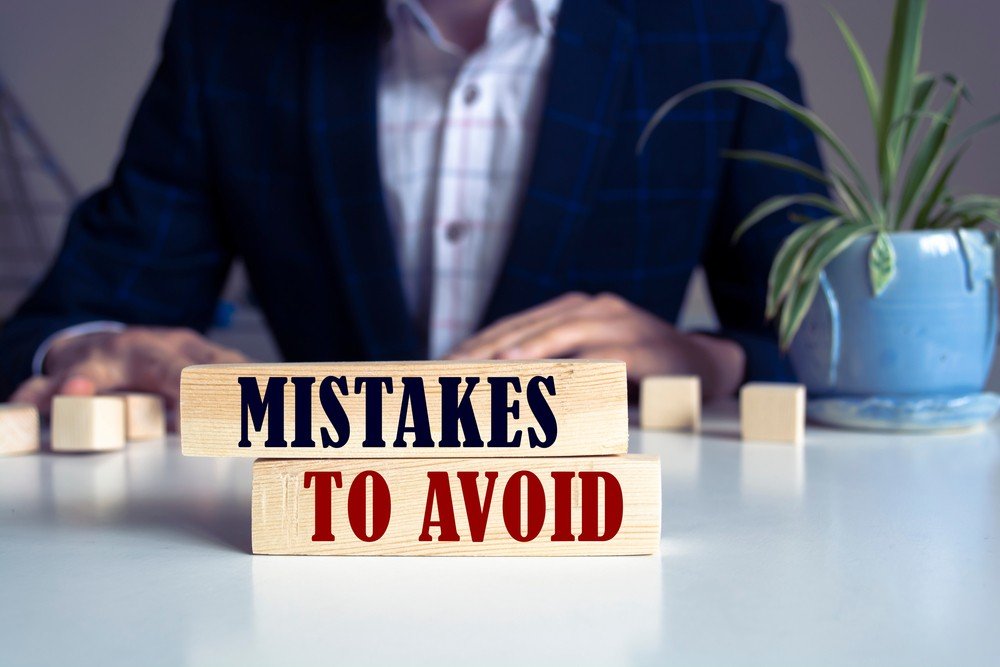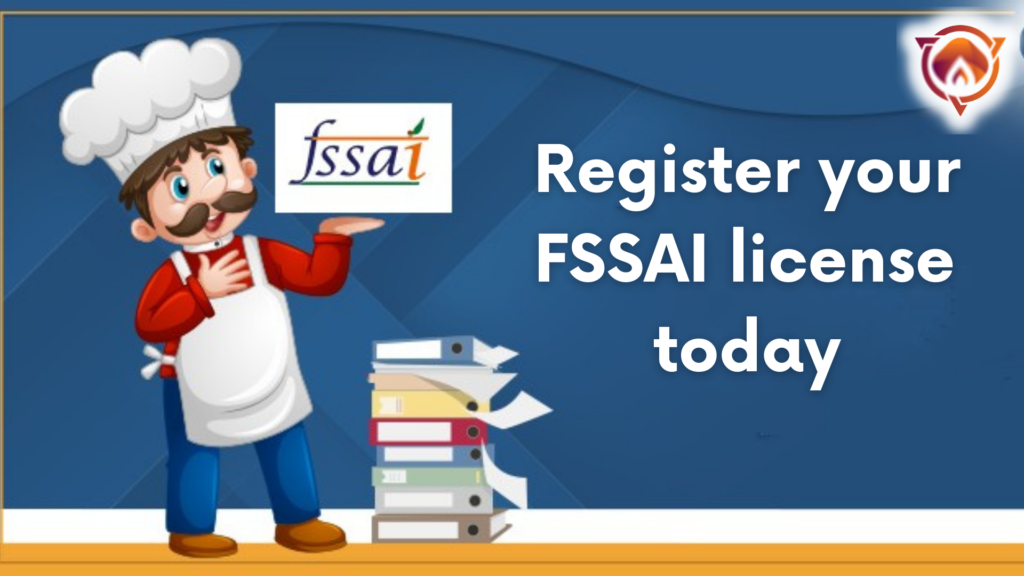Starting a food business? You need a food license! A food license is an official permit that ensures your business meets safety and hygiene standards. It is essential for restaurants, cafes, home-based food businesses, or anyone selling edible products.
Getting a food license is not just about following the rules; it builds trust with your customers. It shows that your food is safe and prepared in clean conditions. In this guide, we’ll explain the importance of a food license, how to get it, and tips to make the process easy for you.
What Is a Food License and Why Do You Need It?

A food license is a legal permit that allows businesses to sell or serve food to the public. It ensures that the food you offer meets safety and hygiene standards set by local authorities. Without this license, operating a food business is not only illegal but also risky for public health.
Having a food license is important for trust and credibility. Customers feel safer buying from businesses that follow the rules. It shows that your food is inspected and meets quality standards. If you are starting a food business, getting this license should be your first step.
Different countries and regions have different requirements for food licenses. Some may require only basic permits, while others have strict regulations. Always check with your local authority to understand the rules in your area.
Types of Food Licenses for Different Businesses
Food licenses are not the same for all businesses. They depend on the type of food you sell, the size of your business, and the location. Small vendors, restaurants, and food manufacturers may need different permits.
For small home-based businesses, a basic food license is often enough. It ensures that your kitchen meets safety standards. Larger businesses like restaurants or factories may need more detailed inspections and advanced licenses.
Street food vendors also need food licenses. This helps ensure the food sold on the street is clean and safe for customers. If you’re unsure which license you need, consult with a local food authority or a legal expert in your area.
Step-by-Step Process to Apply for a Food License
Applying for a food license is a simple process if you follow the steps correctly. Start by visiting the official website of your local food safety authority. Check the list of requirements and gather the documents needed for the application.
Fill out the application form with details about your business. These may include your business name, type, and location. Submit the form along with the required documents like ID proof, business registration, and kitchen layout plans.
After submission, an inspector may visit your premises. They will check if your food preparation meets the required safety standards. Once approved, you will receive your food license. Make sure to keep a copy of the license displayed at your business location.
How to Renew Your Food License Without Hassle
Renewing a food license is as important as getting one. An expired license can lead to fines or even business closure. To avoid this, always check your license’s expiration date and apply for renewal in time.
Start the renewal process by logging into the local food authority’s website. Look for the renewal section and fill in your existing license details. Submit any updated information or documents that may be required.
Tips for Smooth Renewal
- Keep all your business records up-to-date.
- Make sure your premises meet the latest safety standards.
- Submit your application at least a month before the expiration date.
Renewing your food license on time helps your business run smoothly and builds trust with your customers.
Key Documents Required for a Food License Application
Having the right documents is crucial when applying for a food license. Missing paperwork can delay the process or even result in rejection. Always double-check the requirements before submitting your application.
Typically, you’ll need proof of your business registration, identity documents, and address proof. Some local authorities may ask for your kitchen or factory layout plans to ensure proper hygiene standards. If you run a food truck or mobile unit, you might also need a vehicle permit.
For restaurants and larger businesses, additional documents like food safety management plans or health certificates for staff may be required. Check your local food authority’s guidelines for an accurate list.
How Much Does a Food License Cost?
The cost of a food license depends on the type and size of your business. Small food vendors or home-based businesses usually pay less compared to large restaurants or manufacturers. The location also plays a role in determining the fee.
In most cases, there is an application fee that covers the inspection and processing. Additional costs may include renewal fees or penalties for late applications. It’s a good idea to budget for these expenses in your business plan.
Always check the official website of your local food authority for updated fee structures. This ensures you have the right information before you apply.
Common Mistakes to Avoid When Applying for a Food License

Applying for a food license can be tricky if you’re not careful. Many business owners make mistakes that delay their approval or lead to rejections. Avoiding these errors can save you time and stress.
One common mistake is providing incomplete or incorrect documents. Always ensure all your paperwork is accurate and up-to-date. Another issue is missing deadlines for renewal or failing inspections due to poor hygiene.
How to Avoid These Mistakes
- Double-check all application forms before submission.
- Conduct a self-inspection of your premises for safety standards.
- Stay updated with local food safety regulations.
Taking these steps can help you get your food license quickly and hassle-free.
Benefits of Having a Food License for Your Business
A food license does more than just make your business legal. It shows your commitment to food safety and quality, which can help you stand out in a competitive market.
With a food license, customers trust that your food is clean and safe to eat. This trust can lead to repeat customers and positive reviews. It also protects your business from legal trouble or fines for non-compliance.
Having a food license can also open doors for partnerships with other businesses or participation in food festivals. It’s an investment in your business’s future success.
Penalties for Operating Without a Food License
Operating without a food license is risky and can lead to serious penalties. These include heavy fines, forced closure of your business, or even legal action.
Authorities conduct regular checks on food businesses to ensure compliance. If you’re caught without a license, it can harm your reputation and customer trust.
How to Avoid Penalties
- Apply for a food license before starting your business.
- Renew your license before it expires.
- Stay informed about local food safety regulations.
By following these rules, you can keep your business running smoothly and avoid unnecessary stress.
Tips for Small Businesses to Get a Food License Easily
Getting a food license as a small business might feel overwhelming, but it doesn’t have to be. With the right preparation, the process can be quick and simple.
Start by understanding the specific requirements for small food businesses in your area. Focus on hygiene, safety standards, and proper documentation. These are the key factors inspectors look for during visits.
Quick Tips for Small Businesses
- Keep your kitchen clean and well-organized.
- Attend food safety training programs if available.
- Seek help from professionals or consultants for paperwork.
These steps can make the process easier and give your small business a strong start.
Conclusion
Getting a food license is an important step for anyone who wants to start a food business. It helps ensure your food is safe for customers and shows that you follow the rules. With the right documents and a little planning, applying for a food license can be easy and quick. Don’t forget to renew it on time to avoid any issues with your business.
Having a food license also builds trust with your customers. It lets them know that you care about food safety and hygiene. Whether you run a small food cart or a large restaurant, a food license is a must-have for a successful food business. So, make sure you apply for yours today and follow all the required steps!
FAQs
Q: What is a food license?
A: A food license is a legal permit that allows you to sell or serve food to the public, ensuring your business meets food safety and hygiene standards.
Q: How do I apply for a food license?
A: To apply, visit your local food authority’s website, fill out the application form, submit required documents, and pass an inspection of your food preparation area.
Q: How much does a food license cost?
A: The cost varies based on your business type and location. Small businesses may pay less, while larger establishments may have higher fees. Check with your local food authority for accurate pricing.
Q: Can I operate a food business without a food license?
A: No, operating without a food license is illegal and can result in fines, closure of your business, and legal action. Always apply for and maintain a valid license.
Q: How often do I need to renew my food license?
A: Food licenses typically need to be renewed annually. Be sure to check the expiration date and submit your renewal application in time to avoid penalties.

